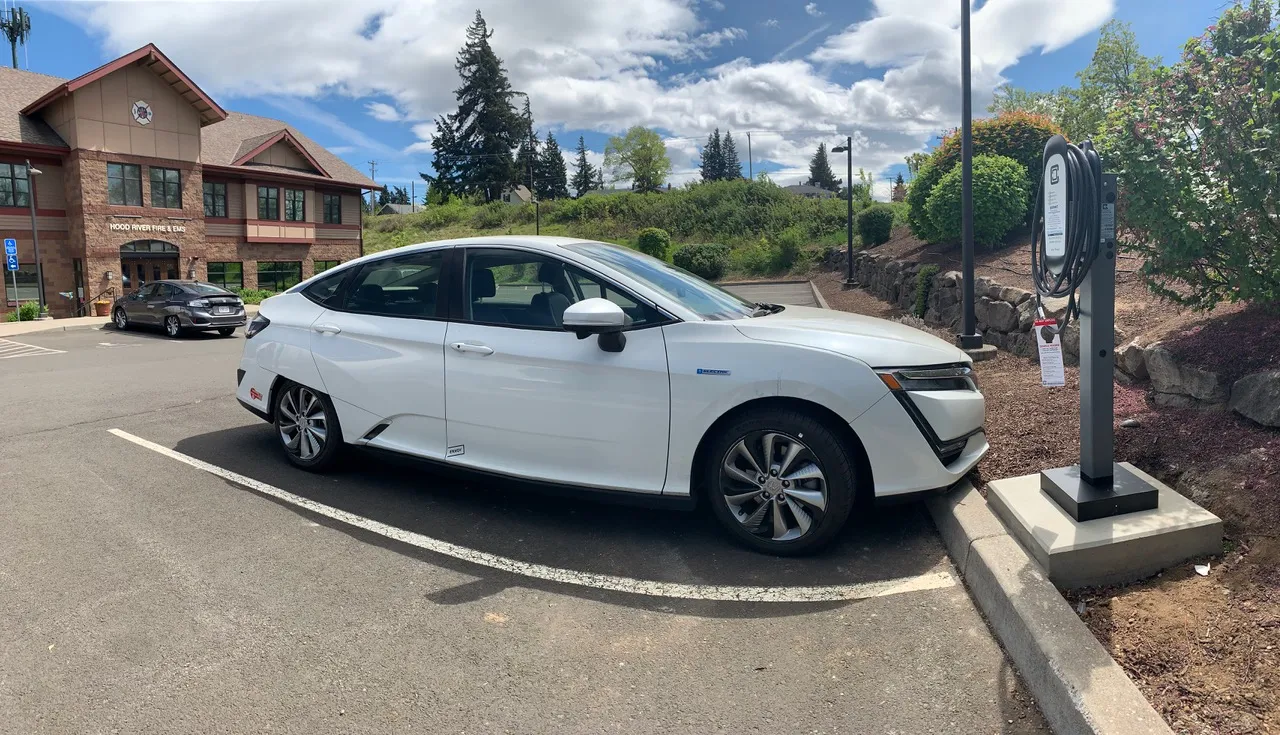TRL, the UK’s Transport Research Laboratory, and Road Safety Analysis (RSA) have announced they will combine capabilities and expertise to support road safety delivery in the UK. Working together, both organisations say they are planning a number of projects to provide new tools and make their joint expertise more accessible to professionals.
April 25, 2012
Read time: 1 min
TRL is the UK’s leading transport research laboratory. Commercially independent, it is recognised internationally for providing consultancy, research, advice and solutions to many transport issues.
Road Safety Analysis (RSA) is a not-for-profit company that exists to provide data solutions to the public and road safety profession. Established in 2010, it supports Mast Online a powerful yet user-friendly tool for analysing road casualty trends and examining the impact of residence, social and demographic factors on casualty rates. It also offers an extensive package of support to a number of local authorities, providing analytical expertise, enforcement management, casualty data reporting, intervention planning and delivery.









